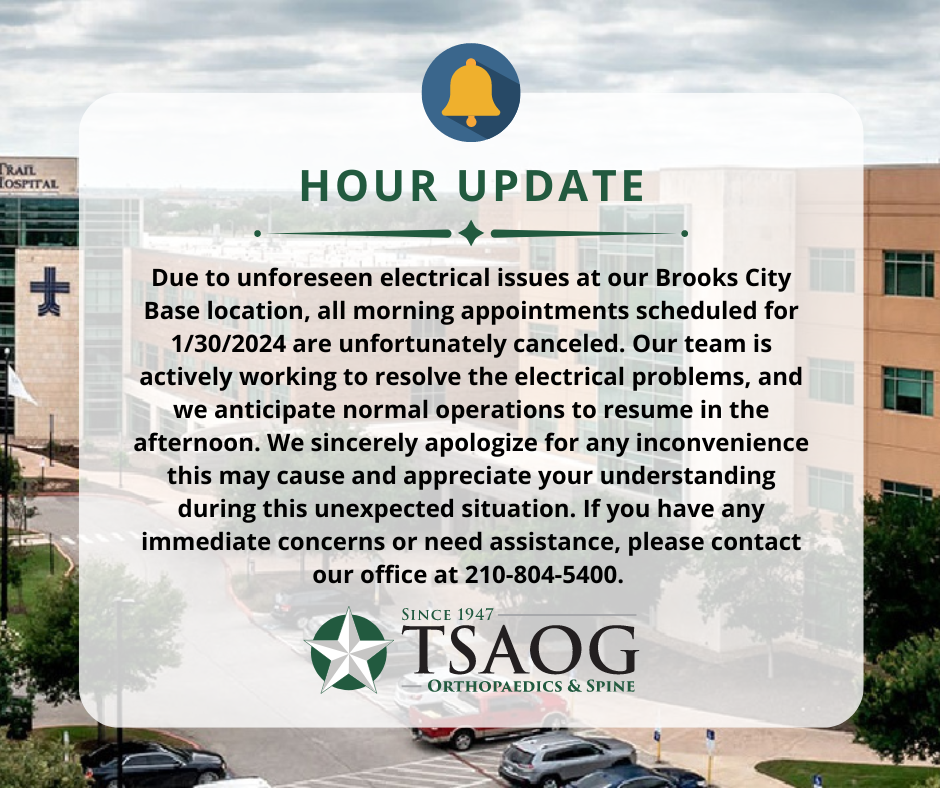Healthcare offers some of the most rewarding and stable career opportunities available today. If you’re considering entering this dynamic field but aren’t sure where to begin, you’re not alone. Many successful healthcare professionals started without specialized degrees or previous medical experience. The good news is that numerous entry points exist for those eager to make a difference in patients’ lives while building a sustainable career. In this guide, we discuss several entry-level healthcare jobs and some factors that can help you decide where to begin.
Medical Reception
Medical receptionist positions offer one of the most accessible entry points to healthcare. They typically require a high school diploma and strong people skills. Previous customer service experience from any industry transfers well to this role, as the fundamentals of helping people feel welcomed and valued remain the same. Basic computer literacy and organizational abilities round out the essential qualifications, with most healthcare-specific knowledge provided through on-the-job training.
This front-line position provides invaluable insight into the patient experience from the moment someone walks through the door or calls the office. You’ll witness firsthand how administrative processes impact care delivery and patient satisfaction. For those exploring whether healthcare is right for them, reception work offers a window into medical environments without requiring extensive training or certification.
The interpersonal skills developed in this role transfer to virtually any healthcare position. Learning to communicate effectively with patients who are anxious, in pain, or confused builds emotional intelligence that distinguishes exceptional healthcare professionals. Many receptionists discover they have a genuine talent for patient relations, leading them toward patient advocacy, healthcare coordination, or medical office management roles.
Physical Therapy Technician
Physical Therapy Technicians work alongside licensed physical therapists to help patients recover from injuries and surgeries. This is a hands-on role that typically requires a high school diploma, with additional training provided on the job. Some employers prefer candidates with an associate’s degree in a related field, but many are willing to train the right person.
Working as a PT Tech offers immediate patient interaction and the satisfaction of helping people regain mobility and independence. You’ll witness remarkable recovery journeys firsthand, like patients taking their first steps after surgery and athletes returning to their sports.
The role develops valuable transferable skills, including patient communication, understanding of human anatomy, and ability to work as part of a healthcare team. Many PT Techs discover a passion for rehabilitation that leads them to pursue careers as physical therapists, athletic trainers, or occupational therapy assistants. Others find the position rewarding as a long-term career, with opportunities for advancement to senior technician or department coordinator roles.
Medical Assistant
Medical Assistant positions are one of the most accessible and versatile entry points to healthcare careers. These roles typically require completion of an accredited medical assisting program—ranging from 9 months to 2 years—though some employers provide on-the-job training for promising candidates. Certification (CMA or RMA) strengthens your application but isn’t mandatory in Texas.
The appeal of medical assisting lies in its combination of clinical and administrative responsibilities. You’ll perform direct patient care tasks like taking vital signs and administering medications while also handling documentation and communication. This varied exposure helps you determine whether you prefer the clinical side of healthcare, the operational aspects, or a blend of both—valuable insight for charting your long-term career path.
Medical assistants develop a foundation of skills transferable to numerous healthcare careers. Many use this position as a stepping stone to nursing, physician assistant programs, or specialized technical roles like surgical technology or diagnostic imaging. Others find the variety and patient interaction so rewarding that they remain in the field, moving on to senior medical assistant or clinical team lead positions.
Clinical Coordinator
Clinical Coordinators oversee day-to-day clinic operations, ensuring efficient delivery of services and creating positive patient experiences. While this role requires more qualifications than some entry-level positions—typically including a high school diploma, CMA certification, and two years of clinical experience—it represents an excellent advancement opportunity for those who have started in other support roles.
This position offers a broader view of healthcare delivery, helping you understand how various components work together to create effective patient care. You’ll coordinate testing, manage follow-up appointments, and stay on top of regulatory compliance—responsibilities that develop valuable organizational and leadership skills.
Many clinical coordinators continue advancing into practice management, healthcare administration, or operations direction. Others use this experience to inform their pursuit of clinical careers, having gained an appreciation for the systems that form the backbone of patient care.
Surgical Technician
Surgical Technologists play a crucial role in operating rooms, preparing sterile fields, arranging instruments, and assisting surgeons during procedures. This is a specialized position that typically requires completion of an accredited surgical technology program, which usually takes 12-24 months and results in a certificate or associate degree. Certification through the National Board of Surgical Technology and Surgical Assisting (NBSTSA) is commonly required by employers.
Surgical technology offers an exciting entry into healthcare for those drawn to high-stakes, fast-paced environments. You’ll participate directly in life-changing and often life-saving procedures, working alongside surgeons and nurses in one of medicine’s most critical environments. Few entry-level healthcare positions offer comparable immediacy and impact in patient care.
Many surgical technicians build long-term careers in this field, move up to specialized surgical teams, or take on senior technologist or education roles. Others use this experience as a foundation for nursing education, physician assistant programs, or even medical school, having gained invaluable firsthand exposure to surgical practice.
Browse Entry Level Medical Jobs in Texas with TSAOG
Starting a healthcare career is a significant step, and finding the right environment makes all the difference in your professional development. At TSAOG Orthopaedics, we understand that new healthcare professionals need both opportunity and support to thrive. Our team includes many successful healthcare providers who began in entry-level positions and advanced through dedication and continuous learning.
We offer positions across multiple locations throughout San Antonio and surrounding areas, providing opportunities for entry-level professionals to gain experience in orthopedic and musculoskeletal care.
We invite you to explore current openings and consider how TSAOG Orthopaedics might be the right place to begin or advance your healthcare career. Apply today to join our team!














